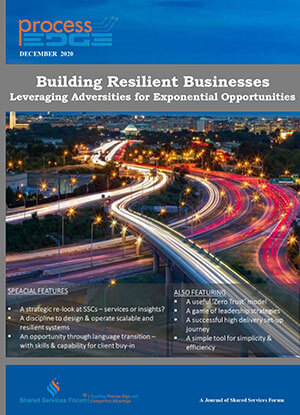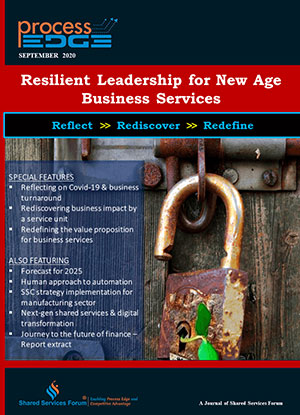
Would you like to start a conversation with other industry leaders to brainstorm a challenge or to just know more on a particular topic?
Engage in online discussions with your Peers
Start NowThe Indian business process management (BPM) industry has set a target of $50 billion in revenues by 2020, including both export and domestic, from the current level of $28 billion as the sector expects the demand momentum to remain strong.
The Indian business process management (BPM) industry has set a target of $50 billion in revenues by 2020, including both export and domestic, from the current level of $28 billion as the sector expects the demand momentum to remain strong.
The industry which recorded a 8% growth in revenue for FY16 though in US dollar constant currency terms the sector saw a rise in excess of 10%.
Nasscom President R Chandrashekhar said, “Automation, digitalised processes and new business models are enabling the BPM sector to take a step forward in adopting a more strategic role as compared to being just another outsourcing platform.”
Keshav Murugesh, chairman, Nasscom BPM council said, “The industry is changing as the clients’ requirement from us is more strategic and it is no more of just reducing costs.”
He referred to $50 billion revenue target as a big goal and the domestic market is also promising a huge potential for the BPM industry.
The Indian BPM sector is one of the largest globally with presence of over 2,500 firms and employing over 1.1 million people. The sector accounts for 38% of the global sourcing industry.
On the current trend of automation impacting the hiring in the sector, Murugesh said the industry will continue to employ the people but the only difference being the kind of human resources that will be employable.
“Jobs will be created. As long there is growth more people will be added to recruitment,” Murugesh said.
On the voice segment of the Indian BPM industry shifting to Philippines, Nasscom vice chairman Raman Roy said, “This is just an extension of the Indian BPM industry model.
India has expanded its shore and brought other countries into these model.” According to Roy, certain segments of the voice has shifted to Philippines but the critical elements has still remained in India.
The industry is also looking to align more closely with educational institutes to keep the curriculum updated and keep the graduates industry ready.
Source: The Financial Express





















